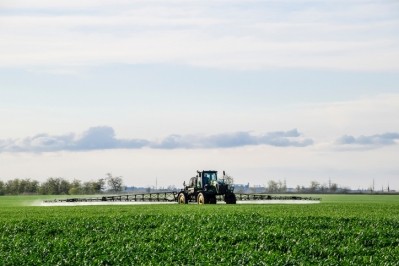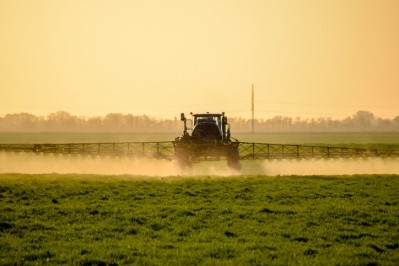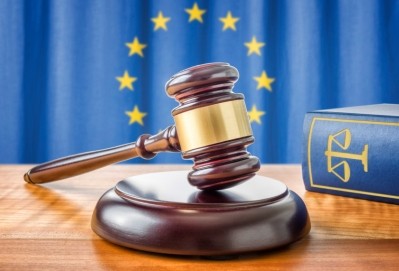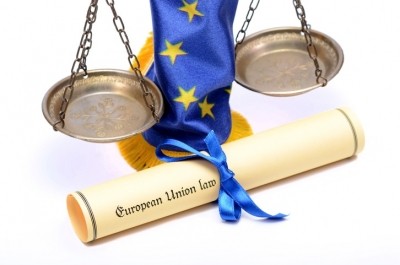Danube Soya ends use of glyphosate as desiccant in EU soy
Environment MEPs call for glyphosate ban
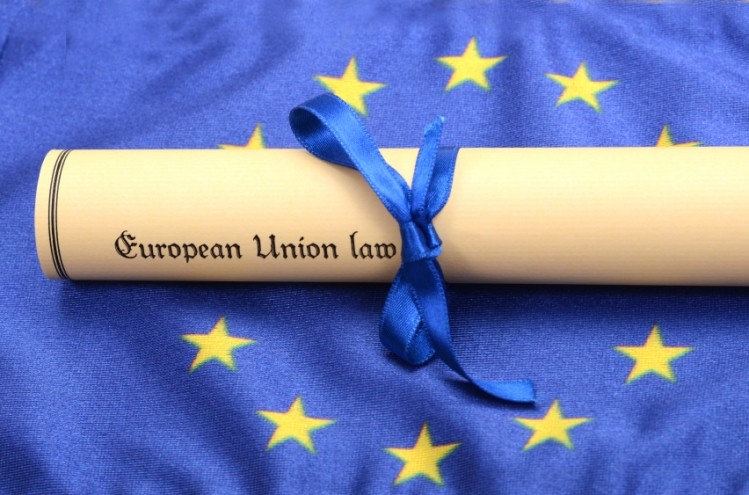
Instead, the EU risk manager should commission an independent review and disclose all the scientific evidence that the European Food Safety Authority (EFSA) used to assess glyphosate, said members of the Environment, Public Health and Food Safety (ENVI) Committee.
That committee’s resolution against the renewal of EU authorization for the herbicide component was passed by 38 votes to 6, with 18 abstentions today.
The EU regulators are continuing to debate proposals to extend approval for use of glyphosate in the EU for the next 15 years, until 2031. But the ENVI committee members have now called on the executive to table a new draft.
In March 2015, the International Agency for Research on Cancer (IARC) classified glyphosate as “probably carcinogenic to humans”, a classification that biotech giant and producer of the glyphosate based herbicide, RoundUp, Monsanto, said it strongly disagreed with.
Glyphosate is an active substance widely used in herbicides. Patented in the early 1970s, it introduced to the consumer market in 1974 as a broad-spectrum herbicide and quickly became a best seller.
Since its patent expired in 2000, glyphosate has been marketed by various companies and several hundred plant protection products containing glyphosate are currently registered in Europe for use on crops.
EFSA ruled to the contrary of IARC in November last year, finding that the substance was “unlikely” to be carcinogenic.
EFSA called on to publish studies
The ENVI MEPs are urging both the Commission and EFSA to “immediately disclose all the scientific evidence that has been a basis for the positive classification of glyphosate and the proposed re-authorization, given the overriding public interest in disclosure”.
They also called for the EU Food and Veterinary Office (FVO) to be given a mandate for the testing and monitoring of glyphosate residues in foods and beverages.
MEP Pavel Pock (S&D, CZ), who drafted the motion for a resolution, said:
"Glyphosate has been classified as probably carcinogenic by the World Health Organization (WHO). While the industry claimed that the substance can be completely metabolized, it is now clear that glyphosate residues are everywhere: in the environment, in many products we consume every day, in our bodies.”
“Any uncertainty must be avoided before proceeding with the approval of a substance that is so broadly used. That is how precautionary principle should be applied,” said the MEP.
Next steps
The resolution will be put to a vote at the 11-14 April EU parliament plenary session in Strasbourg.
The Standing Committee on Plants, Animals, Food and Feed (SCoPAFF), which contains experts from the 28 EU members, is currently evaluating whether to approve authorization renewal for glyphosate by qualified majority. If there is no such majority, it will be up to the Commission to decide.
EU soy glyphosate ban
Meanwhile, the Danube Soya Association, which promotes GM-free soy cultivation in the EU and a migration away from reliance on third country protein imports, today announced that it has prohibited the use of glyphosate during maturation by its growers.
“The ban starts immediately,” Ursula Bittner, manager of the Austrian headquartered group, told FeedNavigator.
Glyphosate is primarily used in the cultivation of GM plants, but is also applied as a desiccant — a substance that is sprayed shortly before harvest — for non GM soy in Europe, said the association. “For this reason glyphosate can be found in imported as well as EU soy,” it added.
The association said in the last few years, studies have shown that glyphosate residues in food cannot be ruled out.
“Consumers are very concerned — and rightly so. The use of desiccants, and, thus, the use of the herbicide glyphosate, is not part of sustainable agriculture. We take consumers’ concerns seriously and implement these into our standards,” said Matthias Krön, chair of Danube Soya.
